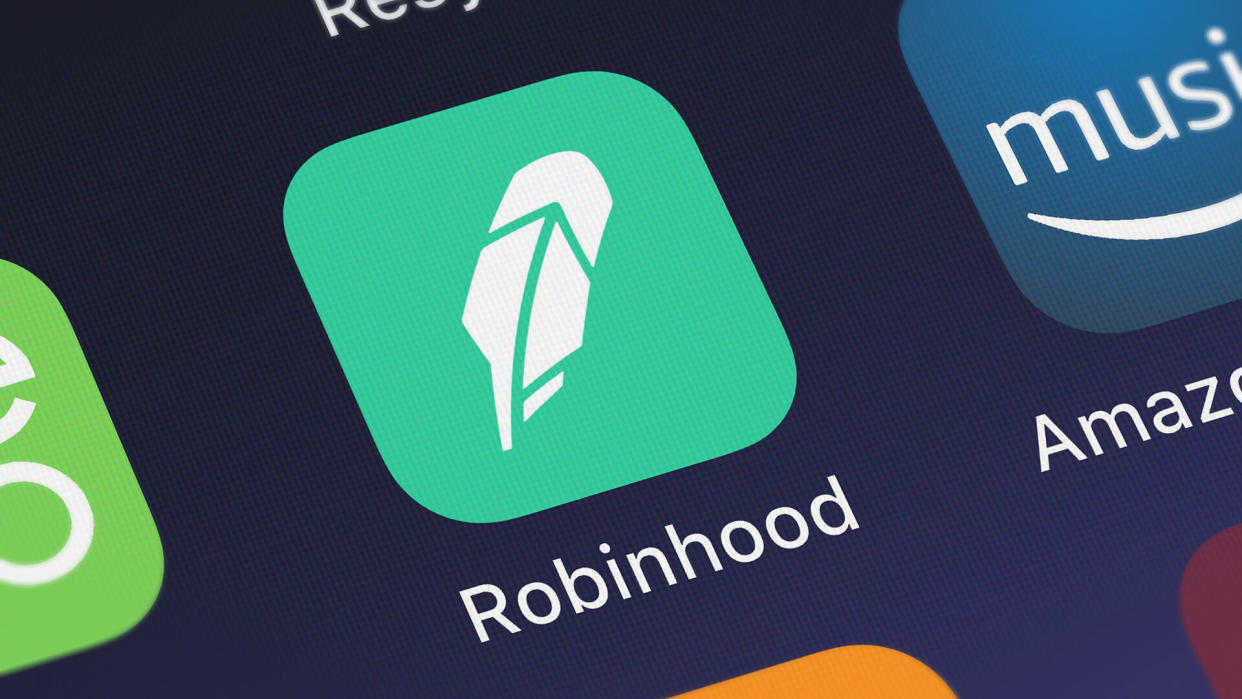6 Financial Tools and Apps 5 Money Experts Swear By

It’s important to be on top of your finances if you want to build wealth, but finding effective, yet affordable tools for managing your finances can be time-consuming.
Find Out: Shark Tank’ Star Kevin O’Leary: My Morning Habit That Keeps Me From ‘Losing Money 100% of the Time’
Read More: 4 Genius Things All Wealthy People Do With Their Money
To help, six financial experts shared their go-to financial apps and tools, all of which are either free or low-cost and perfect for anyone looking to improve their financial health.
Empower
Empower offers a full suite of free tools to manage your investments.
“Empower is more than just a budgeting app; it’s a full-fledged investment tracker,” said Justin Godur, a finance advisor and founder of Capital Max, a startup that provides advisory services and financing in the real estate niche.
“I use it to monitor my investment portfolio, analyze asset allocation and even track net worth. What stands out is the detailed breakdown of fees and performance. It feels like having a financial advisor in my pocket but without the hefty fees. I can quickly identify if I’m on track to meet my long-term financial goals or if I need to make adjustments.”
Robinhood
Godur said that for stock trading, Robinhood has been his choice.
“It’s free, easy to use and perfect for quick trades,” he said. “What I like most is the user-friendly interface and the commission-free structure. As someone who enjoys dabbling in stocks without committing to a high-fee platform, Robinhood is a no-brainer. Plus, it offers fractional shares, so I can invest in high-priced stocks with smaller amounts of money.”
Rocket Money
Christopher Stroup, CFP with Abacus Wealth Partners, said that Rocket Money is one of his favorite tools to use to bring order to one’s financial life.
“It was originally created to help you identify and weed out subscriptions that you no longer need,” he explained. “Over time, it’s developed additional capabilities to allow you to stay on top of your spending and automate your savings. The free version is rather robust in that you can link outside accounts, set balance alerts, manage subscriptions and track spending. Rocket Money has become my replacement budgeting app since the dissolution of Mint.”
Excel Spreadsheets
Mariah Hudler, a licensed mental health clinician, certified financial therapist and generational financial strategist at Koru Financial Therapy, champions a financial tool without all the bells and whistles.
“Although there are a lot of apps to use for personal finance, such as YNAB, Monarch Money or Quicken Simplifi, in my work with individuals and couples, I recommend Excel spreadsheets for budgeting and tracking net worth,” she said. “The reason is that my clients come to me overwhelmed. They may experience avoidance, frustration, disorganization or procrastination with finances, and although technology aims to simplify organizing money, it can be more overwhelming when the apps glitch or don’t sync. They then find themselves stuck or paralyzed in the process.”
Hudler said that there is a minimal cost to using Excel and ways to password protect and share the documents. Plus, she added that there are many free templates available online — or you can make one yourself fairly easily.
Wave
Rhett Stubbendeck, the founder of Leverage, said that Wave, which offers small-business software, has been a game changer for Leverage, especially in the early days when funds were tight.
“It offers free core accounting features, which are perfect for small businesses,” he said. “I use it for all of Leverage’s invoicing and expense tracking, and it’s incredibly easy to use.”
Books
Aaron Cirksena, founder and CEO of MDRN Capital, said that he believes the best way to get started on the path to financial wellness — especially for younger adults in their early 20s — is to read.
“It’s completely free if you go to a library (which is another saving method for cutting out unnecessary expenses),” he said. “There are plenty of finance/investing books out there for the general public.”
Cirksena recommended reading “The Millionaire Next Door: The Surprising Secrets of America’s Wealthy” by Thomas J. Stanley.
“It’s a great read that puts things in perspective when it comes to being frugal and living below your means,” he explained.
Another of Cirksena’s reading suggestions is “The Simple Path to Wealth” by JL Collins.
“It’s a good, digestible read for anyone looking to start investing,” he said. “It reads like your dad giving advice, offering practical tips for spending minimal time investing but still seeing substantial gains.”
More From GOBankingRates
This article originally appeared on GOBankingRates.com: 6 Financial Tools and Apps 5 Money Experts Swear By
